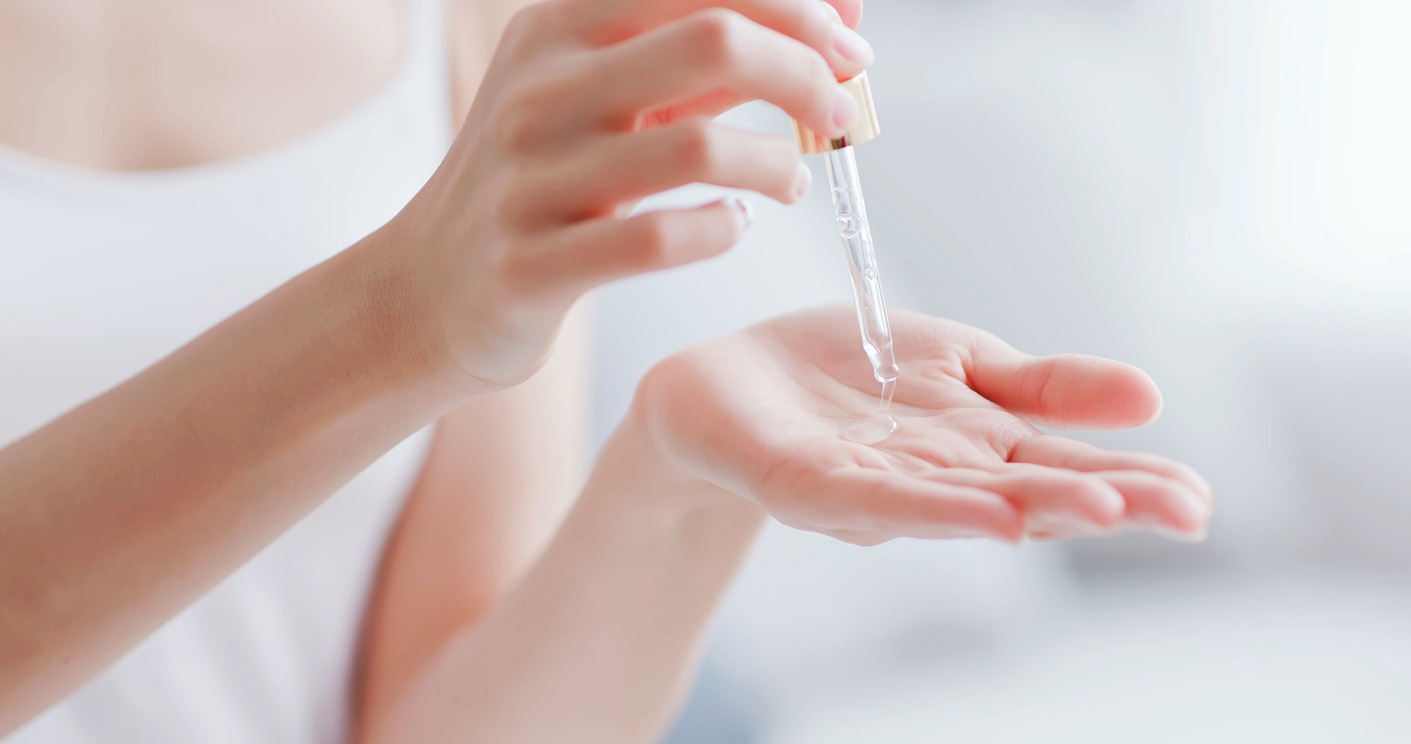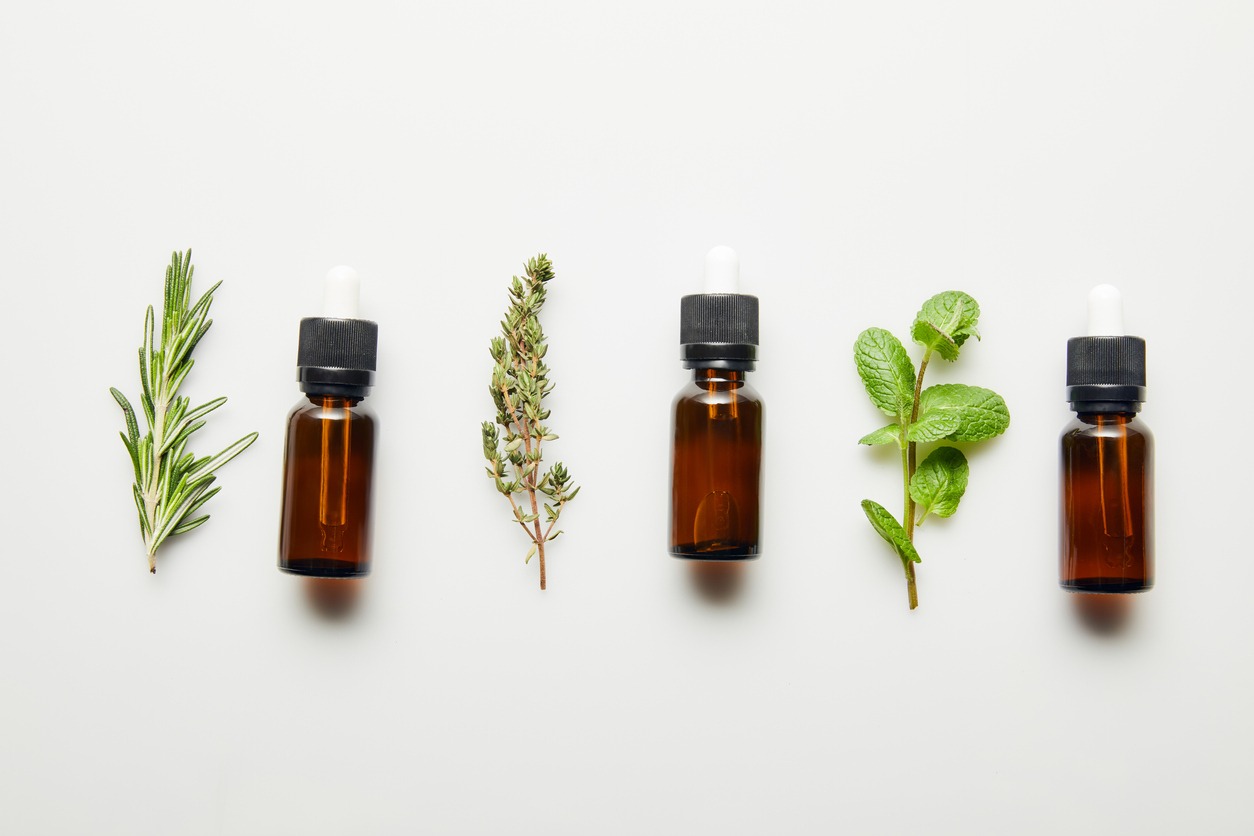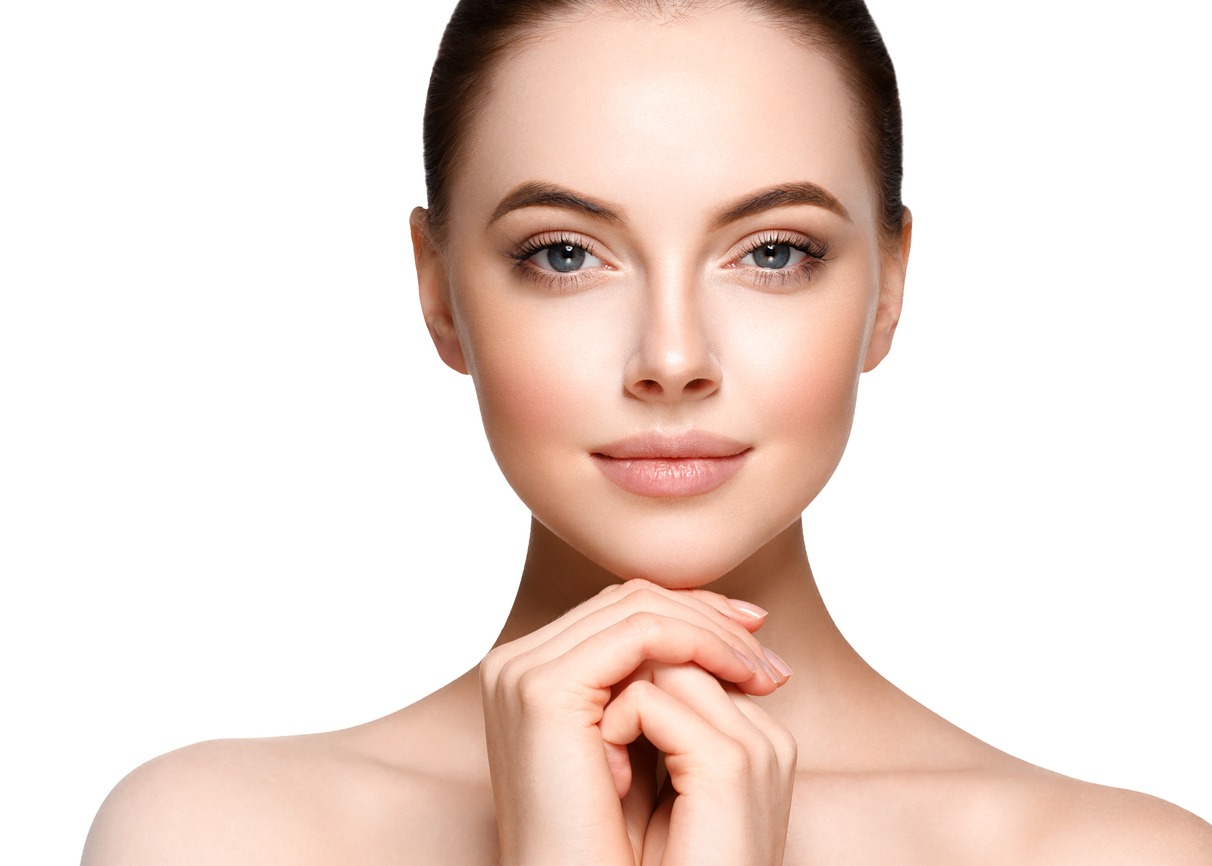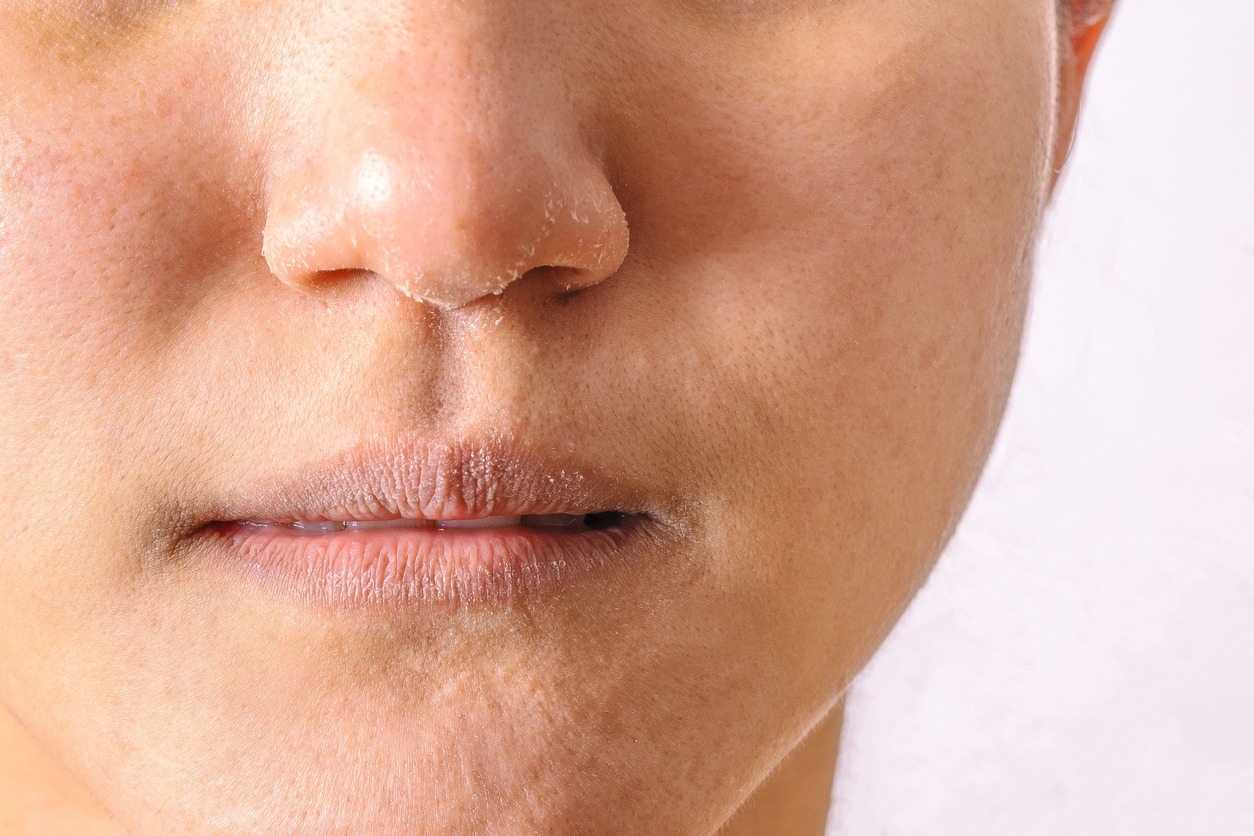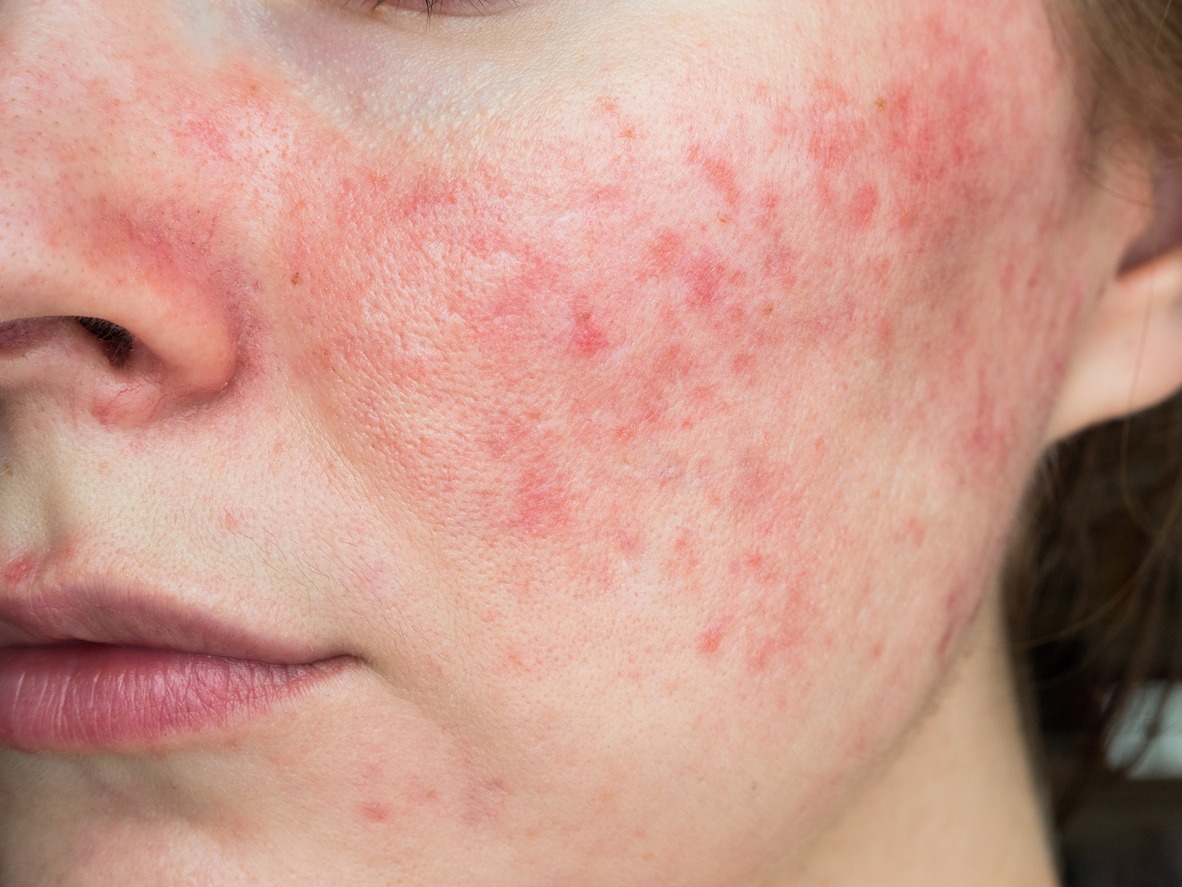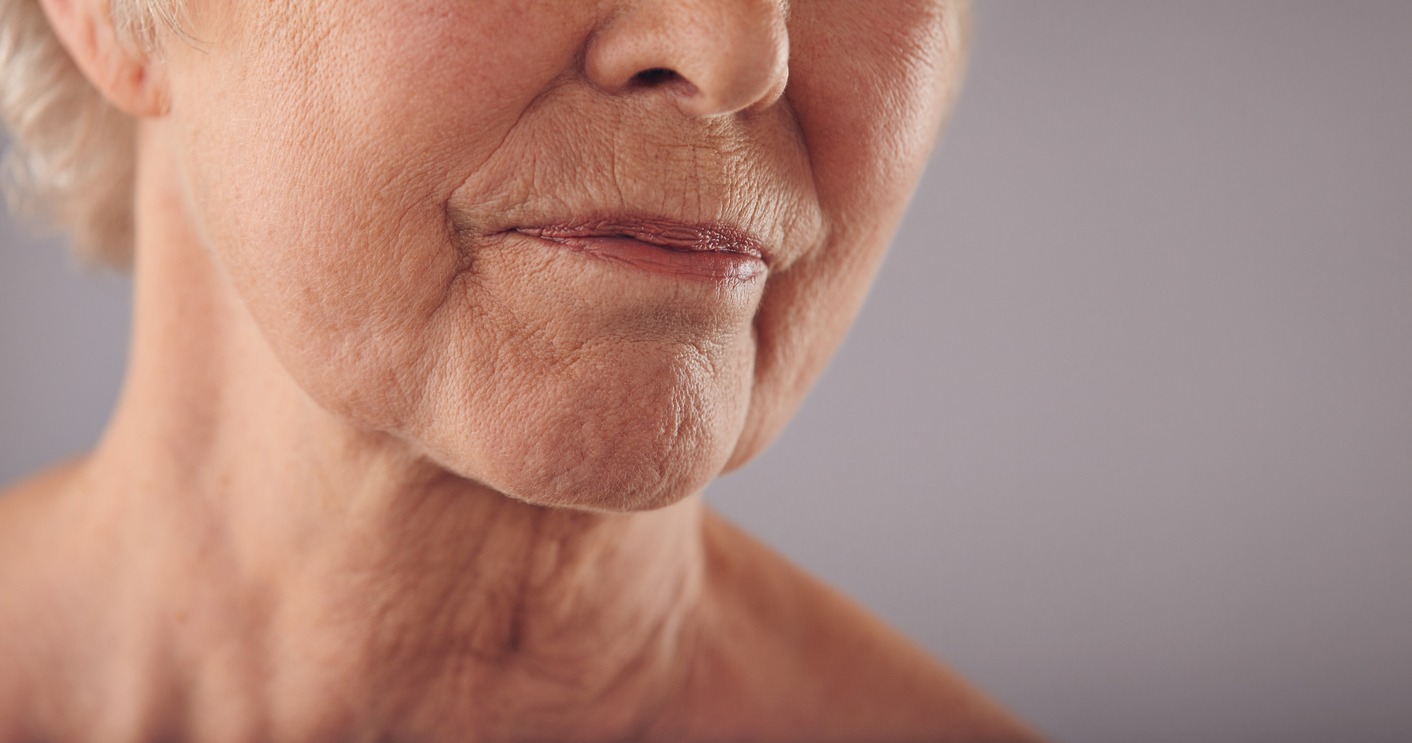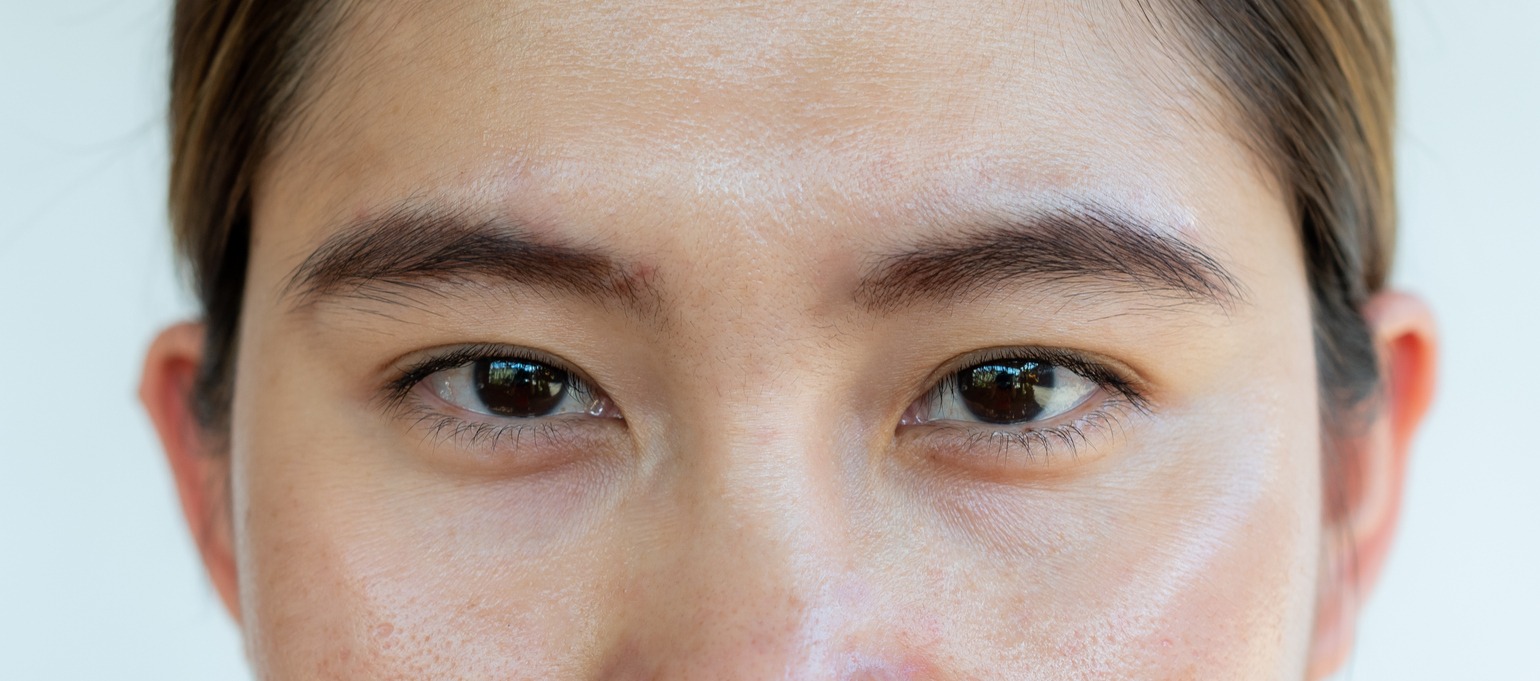Essential oils are popular ingredients in both modern and conventional skincare due to their pleasing fragrances and varied skin-nourishing qualities. In this article, we will examine some of the most common skin conditions and skin types, as well as which essential oils are best for each condition’s unique skin care needs and why. We’ll also go over some of the best methods to use these oils into DIY skincare products or daily skincare routines.
What are Essential Oils?
Essential oils are highly concentrated, volatile plant extracts that can be extracted using a variety of techniques, including steam distillation, which involves boiling a liquid to remove impurities.
Since ancient times, essential oils have been an integral part of natural and holistic treatment. These powerful oils use a variety of botanical treatments to address nearly every skincare need, from the rich skin-softening properties of the Rose (famously used by Cleopatra to retain her beauty) to the wound-cleansing advantages of Myrrh.
In addition to this pure natural diversity, there are already about 2000 plant species that contribute to various essential oils! It’s possible that the significance of essential oils in skincare and cosmetics stems from their variety of advantages. In contrast to synthetics, essential oils have a more profound effect, calming the senses and promoting both physical and mental health for a genuinely holistic sense of wellness.
Benefits of Essential Oils to the Skin
The benefits of essential oils for the skin result from their complex chemical composition, potent ingredients, and the reactions between them. These purported benefits reportedly include antimicrobial and antioxidant protection, balancing or reducing skin oil production, reducing inflammation or irritation, preserving skin moisture, promoting skin repair, lessening the appearance of fine lines and wrinkles, and many other alluring effects.
The majority of skincare products contain essential oils for a variety of reasons, some of which are listed below:
- Can help treat acne: According to a clinical trial, the anti-inflammatory effects of tea tree oil helped to lessen acne-related inflammation. In comparison to benzoyl peroxide, which is the most widely used medication for treating acne, it also exhibited fewer negative skin effects. In addition to tea tree oil, Plai oil also showed antimicrobial activity against several bacteria, including P. acnes.
- Essential oils are antifungal: According to a study that was published in the journal Microbios, essential oils including orange, geranium, lemongrass, Aegle marmelos, palmarosa, and patchouli can fight against 12 different fungal strains and can even stop their growth.
- They are rich in antioxidants: When applied topically to the skin, essential oils help shield you from the negative effects of harmful free radicals. A study found that by combating free radicals, essential oils like thyme, basil, and oregano can maintain healthy skin.
- Can reduce inflammation: Rosemary is an essential oil that is high in antioxidants and can also help to improve circulation and lessen skin inflammation. This is a result of the essential oil’s built-in antioxidant defenses.
- They have anti-aging benefits: Lemon essential oil is one of the essential oils that can help lessen the effects of aging. Additionally, it can lessen oxidative stress on the skin’s surface and protect the skin from sun damage.
Essential Oils for Different Skin Types
This rather uncommon skin type is defined by a harmonious state in which the skin’s oils are completely balanced, resulting in a complexion that is radiant and healthy-looking by nature. Many of us may actually have combination skin, where the T-zone (the region across the forehead and down the length of the nose) is the only part of the face that is troublesome, with the rest of the face aligning to a more normal skin type. With the goal of preserving the skin’s natural harmony and moisture levels, essential oils with balancing properties will perform best on this skin type.
Consider using the following essential oils to keep your skin’s texture normal:
- Lavender Essential Oil – an absolute classic in skincare, it promotes healthy skin and optimal hydration.
- Neroli Essential Oil – helps regulate surface oils and provides natural cleansing and antioxidant properties.
- Geranium Essential Oil – includes anti-inflammatory properties that can reduce potential issues like acne or allergies and helps balance skin oils.
- Ylang Ylang Essential Oil – kIt prevents dryness and overproduction of sebum and is known to be harmonising both internally and topically.
Dry Skin
Lack of sebum can cause the skin’s surface to lose more water and become less hydrated (also known as transepidermal water loss or TEWL). Dry skin can frequently result in the compromise of the integrity of the skin barrier and will tend to become irritated more frequently than skin types with more oil production, as sebum can act as an occluding layer on the skin.
Dehydration may also result in dry skin (this is sometimes referred to as dehydrated skin). The ideal essential oils for this skin type are those that have strong calming, soothing, and hydrating properties. Additionally, it’s best to avoid using harsh cosmetic ingredients or products on your face, such high pH soap.
Try the following essential oils to soothe and nourish dry skin:
- Chamomile Essential Oil – the German and Roman chamomile oils will both help to naturally reduce any pain or inflammation brought on by dry skin.
- Frankincense Essential Oil – Frankincense is well renowned for its ability to revitalize dry and mature skin types since it is deeply nourishing. It also has natural calming effects on the skin.
- Rose and Jasmine Sambac Absolutes – these concentrated flower oils are mild on the skin and well known for improving skin moisture and dullness.
Sensitive Skin
A skin type that is prone to irritations or inflammation is referred to as having “sensitive skin.” Sensitive skin frequently feels irritated and uneasy and exhibits accompanying symptoms like burning, itching, flakiness, or rashes. Additionally, these people frequently cannot use traditional skincare products, such as those that contain fragrances or dyes.
One of the causes of sensitive skin is dry skin. Skin conditions like eczema, rosacea, and dermatitis are among the other causes. The most effective essential oils for sensitive skin are ones that are naturally calming and anti-inflammatory.
Note: Some people who have sensitive skin do not respond well to any fragrances, including essential oils. A skin patch test should always be performed before application, and very mild dilutions are strongly advised when using essential oils for the first time.
These essential oils can be used to soothe sensitive or irritated skin:
- Rose Absolute – it aids in deeply soothing the skin and is naturally hydrating and anti-inflammatory.
- Chamomile Essential Oil – soothes irritated and inflamed skin, aids in skin hydration, and can improve the appearance of rashes.
Mature Skin – Fine Lines, Wrinkles & Age Spots
Fine lines, wrinkles, dry skin, dullness, and loose skin are just a few of the skin issues and conditions that can develop as we age naturally. Premature aging, a phenomena where the aging process is accelerated in those who engage in unhealthy habits like smoking or not wearing sunscreen, is another common occurrence that can be avoided. Focusing on essential oils that are generally regenerating, shielding, and antioxidative in nature can help the skin regain its youthful beauty in both situations.
Try these essential oils to rejuvenate the texture and look of mature skin:
- Rose Absolute – has optimal scar-removal and skin-reviving properties for aging skin. Additionally, it smoothes the skin and relieves any dryness. One of the most widely used anti-aging oils in the cosmetics industry is rose.
- Jasmine Absolute – calms the skin and significantly increases moisture. Another excellent anti-aging oil.
- Clary Sage Essential Oil – aids in internal and external regulation and is thought to naturally resolve problems associated with female hormonal imbalances that might result in skin conditions. Additionally, it is said to mimic cell regeneration, which could aid in preventing the development of wrinkles and fine lines.
- Palmarosa Essential Oil – deeply hydrates skin and aids in minimizing the appearance of wrinkles and fine lines.
Oily Skin
Younger age groups are more frequently affected by oily skin problems. The skin produces excessive amounts of sebum, which can result in an appearance of being too shiny or greasy. Additionally, the pores might be more noticeable and larger. The use of purifying and clarifying essential oils, which reduce skin oiliness and aid to purify the skin, can improve this skin type. Additionally, oils that have astringent properties might help to minimize any pores that are visible. An oily skin type that receives proper care can avoid developing acne, which is brought on by bacteria that thrive in pores clogged with oil and dirt.
Try using these essential oils to revitalize oily skin:
- Tea Tree Essential Oil – this is well known to have natural antibacterial properties and helps in eliminating excess sebum.
- Neroli Essential Oil – in addition to being very mild on the skin, this oil is said to have antifungal and antibacterial properties that help clear up oily skin and prevent breakouts.
- Lemon and Bergamot (Bergaptene Free) Essential Oils – through its anti-inflammatory and antibacterial characteristics, it is well known to enhance the complexion of oily skin. The majority of other citrus oils, such as Sweet Orange, Mandarin, and Grapefruit, work well for oily skin.
- Cypress Essential Oil – a potent, energizing oil that can minimize shine and clarify skin. reputed to possess antibacterial properties.
How to Use Essential Oils for Skin
Diluting essential oils in a carrier oil is one of the simplest methods to include them into a beauty routine. Carrier oils, which are fixed oils isolated from various botanical sources like kernels, seeds, nuts, and fruit pulp, not only make concentrated essential oils safer to apply topically, but they also have skin-beautifying properties. Carrier oils can be blended based on their unique properties (such as comedogenic versus non-comedogenic, or fast versus gradual absorption) and nutrient profiles. Similar to this, it is believed that combining complimentary essential oils is one of the best strategies to maximize their synergy and, thus, their observed results. A simple, personalized, all-natural skincare treatment can be created from scratch by combining preferred essential oils and carrier oils. The following section contains a list of suggested blends.
- Gentle facial serum: Pour 30 mL (1 fl oz, or around 2 tablespoons) of your preferred carrier oil(s) into a small dropper bottle, then add 6 drops of an essential oil or essential oil blend for a soothing facial serum that can be used both during the day and at night. Before thoroughly shaking to combine all the ingredients, tightly cap the bottle. Apply 4 drops to a freshly washed face, then gently massage the area until all of the liquid has been absorbed.
- Hydrating body oil: For a moisturizing body oil, mix 60 mL (2 fl oz, or around 4 tablespoons) of your preferred carrier oil(s) with 24 drops of an essential oil or essential oil blend in a bowl or small jar. After a shower or bath, combine well and massage the desired body parts.
- Simple facial cleanser: Making your own facial cleanser or mask is a fantastic way to use essential oils in skincare. For a simple face cleanser, combine 60 mL (2 fl oz) of a preferred hydrosol or floral water with 30 mL (1 fl oz) of aloe vera gel juice, 30 mL (1 fl oz) of vegetable glycerin, and 3-5 drops of essential oils in a cleanser dispenser. Close, shake, and use as desired for up to 10 days (the cleanser can be stored in the fridge).
- Basic facial mask: Simple facial masks can be made by mixing 30 g (1 oz) of your preferred cosmetic clay, 1 teaspoon of a carrier oil, 2-3 drops of essential oil, and just enough water to make a paste. Apply with a face brush, let sit for 5 to 10 minutes, then rinse with warm water.
Cautions and Essential Oils Safety
It’s crucial to use essential oils properly and securely in order to reap and enjoy their benefits. This entails never applying them undiluted, conducting a skin patch test before application, being aware of the sun’s effects after application, and purchasing them from an ethical company with a reputation for quality and purity.
- External use only: Essential oils are only to be applied topically. Never apply essential oils to areas of skin that are especially sensitive, such as the inside of the nose, ears, or the eyes. Before using these oils for therapeutic purposes, a medical professional must first be consulted.
- Phototoxicity: After topically using Bergamot essential oil, Grapefruit essential oil, Lemon essential oil, and any other phototoxic oils, stay out of the sun for at least 12 hours.
- Pregnancy and other health conditions: Women who are pregnant or nursing are specifically advised against using essential oils without a doctor’s prescription. It is highly advised for those with cancer, heart-related illnesses, skin diseases or allergies, hormone-related illnesses, or epilepsy to seek medical advice first before using any essential oils. It is also recommended that users get medical advice before using if they are on prescription medications, having major surgery, or are more susceptible to strokes, heart attacks, or atherosclerosis.
- Children and safety: Always keep these oils out of reach of kids, especially those under seven, and store them in a place that is off limits to them.
- How to conduct a skin patch test: Performing a skin patch test is advised before using any essential oils. To perform this, combine 1 drop of the essential oil with 4 drops of carrier oil, then apply a dime-sized amount of the resulting mixture to a patch of non-sensitive skin.
- Essential oil side effects: Redness, rash, hives, burning, bleeding issues, slowed healing, low blood pressure, headache, nausea, diarrhea, convulsions, and rapid heartbeat are just a few of the potential negative effects of using essential oils. If you experience an allergic reaction, the best course of action is to stop using the products right away and visit a doctor, pharmacist, or allergist right away for a health evaluation. Before using, seek advice from a medical practitioner to prevent negative effects.
Conclusion
When it comes down to it, there isn’t enough evidence to support the use of essential oils as medical treatments.
We also need to dispel the widespread misconception that essential oils are completely safe. Unfortunately, because essential oils are natural, many individuals think that they are inherently safe. Actually, they should be used carefully and with caution because they may have negative effects that irritate the skin.
Whether you’re a seasoned user of essential oils or a complete novice, it’s always a good idea to speak with a professional. Also, keep in mind to exercise safety while using essential oils, which includes dilution with a carrier solution and ensuring your oil is purchased from a trustworthy supplier.

